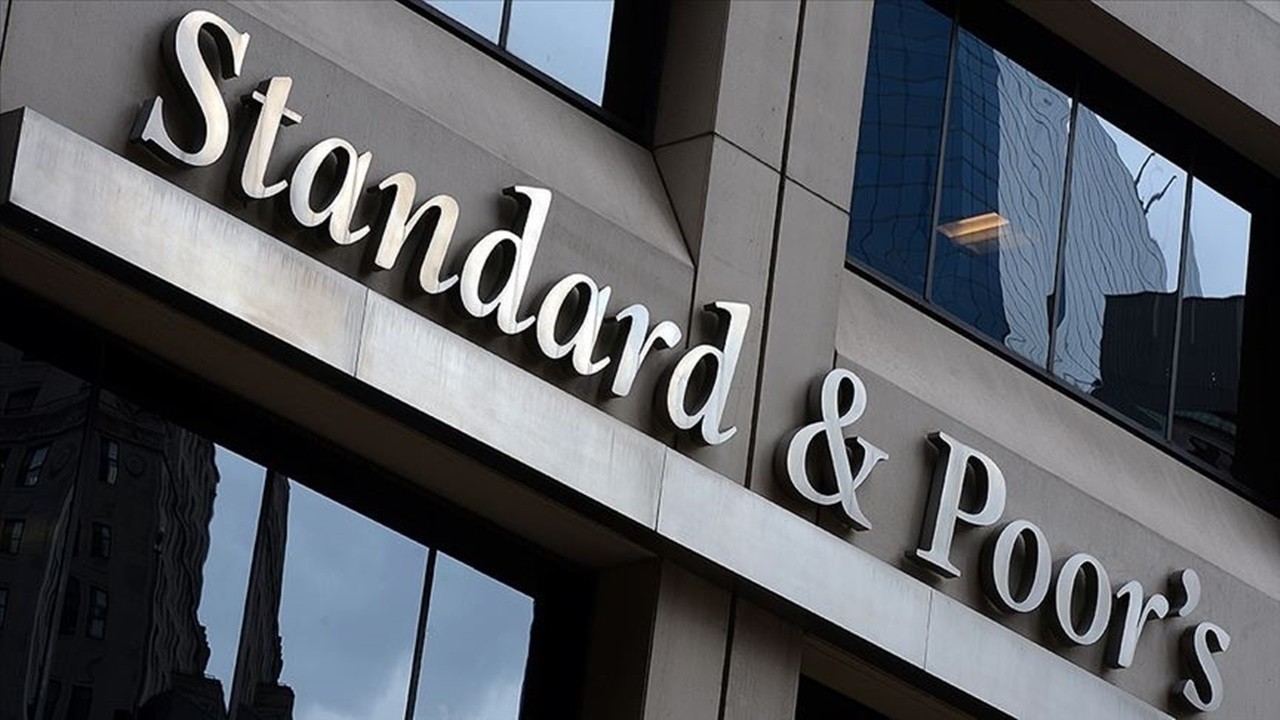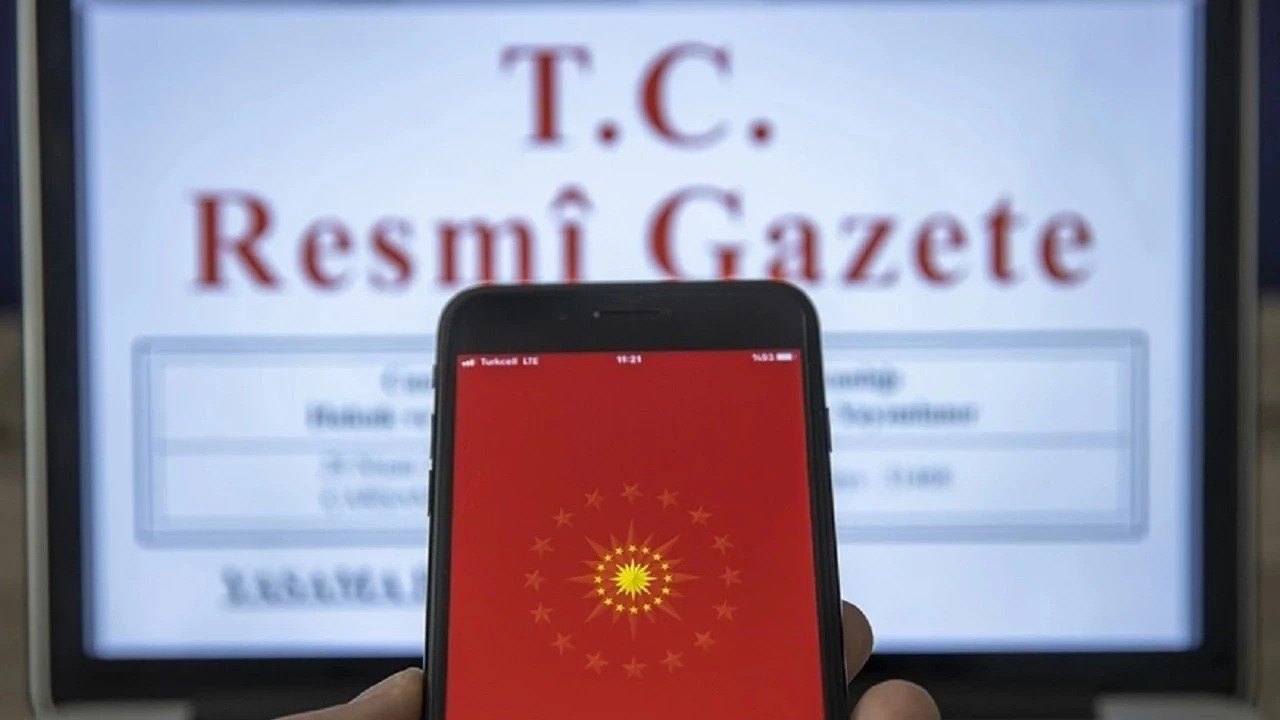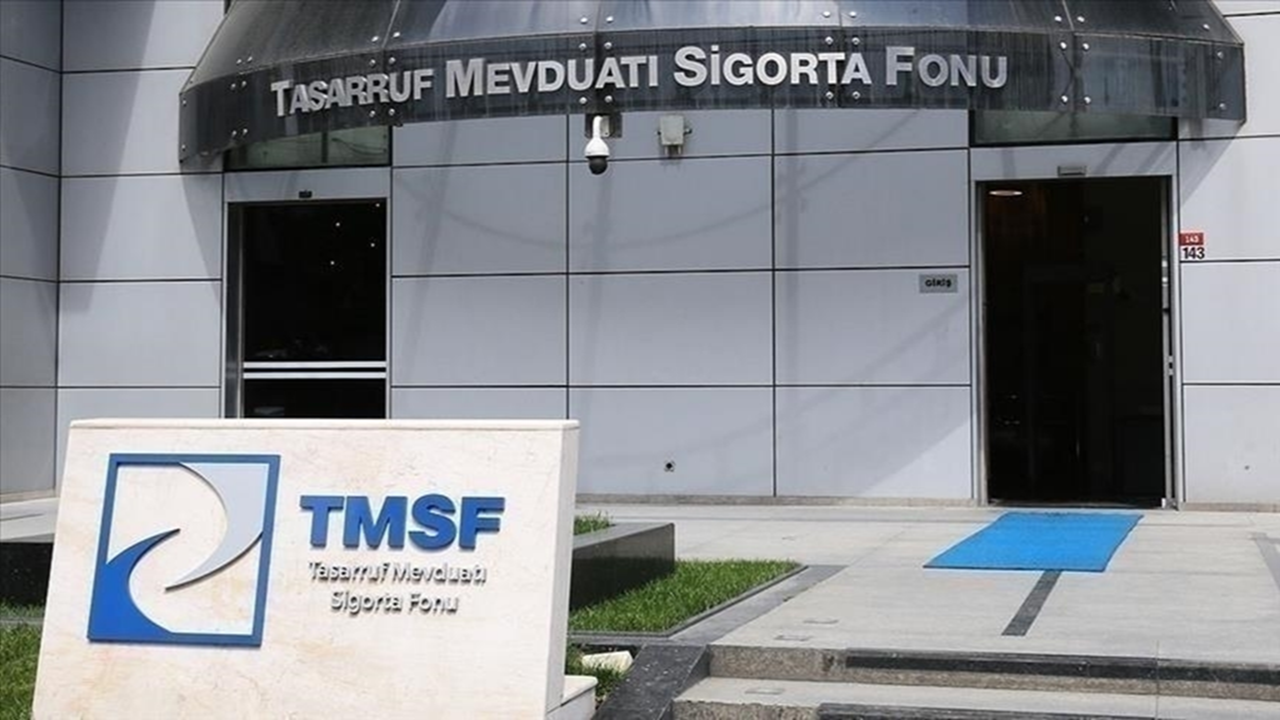S&P did not change Turkey's credit rating: BB Minus

The international credit rating agency Standard & Poor's (S&P) announced that it has updated Turkey's credit rating, keeping it at the BB minus level. This development occurred following evaluations expected to be completed by October 17. S&P also reported that no updates were made for other countries, such as The Netherlands and Togo.
As a result of the semi-annual evaluation, it was stated that there would be no changes to these countries' current credit ratings, while emphasizing that uncertainties for investors continue. S&P’s current situation regarding Turkey provides important clues about the country's economic dynamics. Maintaining the credit rating is crucial as it influences Turkey's external borrowing costs, which are vital for economic growth and sustainability.
Credit ratings offer investors insights into a country's borrowing ability while also signaling the economic stability and future investment climate of that country. The BB minus rating given to Turkey by S&P provides a general assessment of the country's current economic situation and risk profile. With this rating, Turkey is facing a certain degree of uncertainty in the eyes of international investors.
An effective credit assessment plays a significant role in the decision-making processes of investors. In this context, the situation of S&P's evaluation of Turkey has raised questions about its impact on the markets. Foreign investors also consider Turkey's financial health and capacity when taking the credit rating into account.
In conclusion, S&P's decision not to change Turkey's credit rating seems to have established a certain balance in the markets amid the current economic conjuncture. However, the reality that risks and uncertainties still exist for investors makes this situation even more significant. Turkey’s economic management continues efforts to improve its credit rating internationally and to gain investor confidence.
.png)
Yakında Tüm Platformlarda
Sizlere kesintisiz haber ve analizi en hızlı şekilde ulaştırmak için. Yakında tüm platformlarda...







.png)